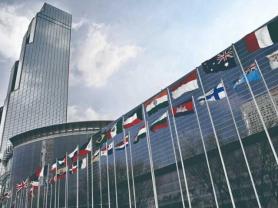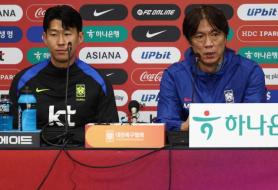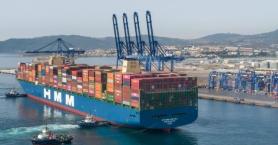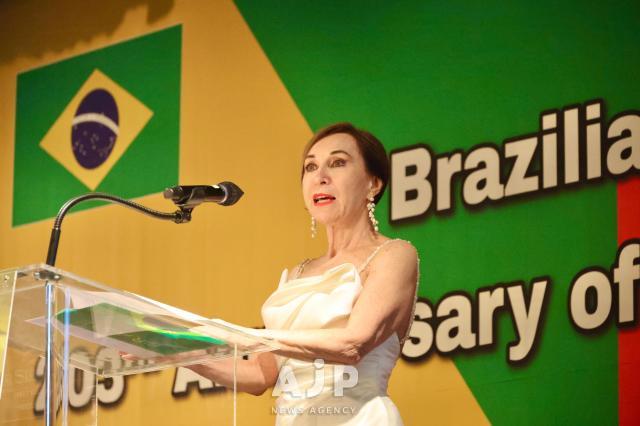
SEOUL, September 11 (AJP) - At a reception marking the 203rd anniversary of Brazil's Independence Day, Ambassador Márcia Donner Abreu stressed that the occasion was designed not only to commemorate Brazil's history but also to reaffirm the expanding cooperation between Brazil and South Korea in trade, investment, culture, and responses to global challenges.
"Brazil and Korea are partner countries not just by history but by shared values and hopes," Ambassador Abreu said during the national day reception held in central Seoul on Wednesday. She underscored the need to broaden the relationship in "economic diversification, scientific and technological cooperation, and resilient infrastructure development," while highlighting opportunities in "clean energy, food security, digital innovation, and climate action."
She also pointed to the significance of the June summit between President Luiz Inácio Lula da Silva and President Lee Jae Myung as proof of strengthened ties. "Despite being geographically far apart, the two countries are consistently linked by friendship and shared commitments to democracy, prosperity, inclusivity, sustainability, and peace," she said. Abreu added a personal note, reminding the audience that this would be her last Independence Day reception in Seoul and expressing gratitude to the South Korean government, private sector, and civil society for supporting the embassy's work in deepening bilateral ties.
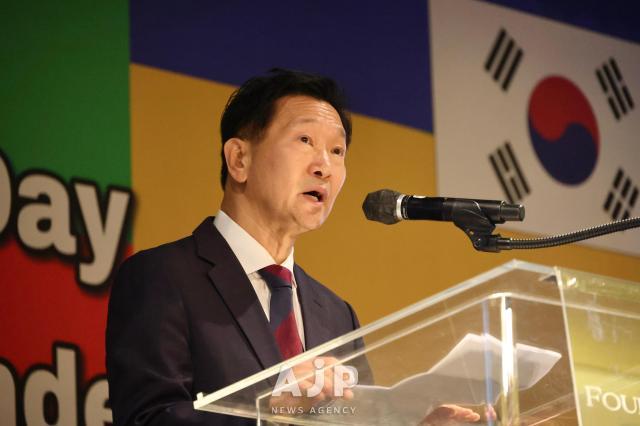
Song In-chang, the G20 Sherpa of the Ministry of Foreign Affairs, echoed the ambassador's call for stronger cooperation. Representing the South Korean government, he congratulated Brazil on its independence and praised the country as a global leader that has grown into one of the world's largest democracies and a top-twelve economy. He emphasized that the two nations' partnership has moved beyond traditional areas. "Korean companies are investing in Brazil's semiconductor, hydrogen, and space sectors, working closely with local firms and institutions to contribute to Brazil's economic and technological advancement," Song said.
He highlighted concrete examples of cooperation, including the successful test launch in March 2023 of South Korea's first private space rocket, Hanbit TLV, at Brazil's Alcântara space center, with a full launch scheduled for October.
"Brazil's Air Force and Korea's private sector achieved a successful collaboration," he noted. Song also cited aerospace cooperation, mentioning that Korean aerospace firms will supply parts to Brazilian company Embraer for its electric vertical take-off and landing aircraft.
Looking ahead, he said the two countries are intent on deepening cooperation in renewable energy, AI, climate change response and broader trade and investment. Song recalled the June summit between the two presidents at the G7 summit in Canada, the first such meeting in a decade, which provided momentum for renewed bilateral dialogue. He also pointed to the August vice-ministerial talks in Seoul and the newly signed working holiday program that will allow more young people to study and work in each country.
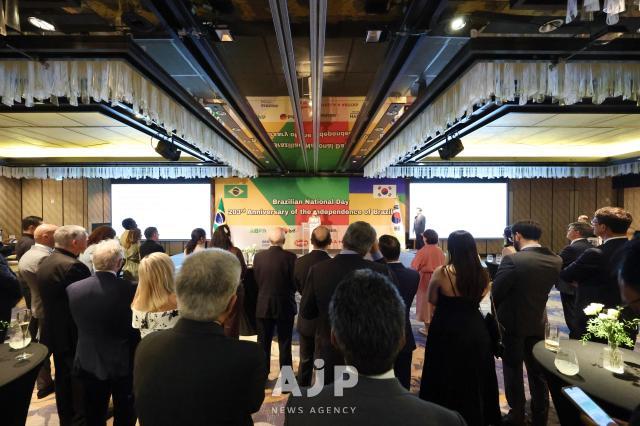
On cultural ties, Song noted that K-pop, K-beauty, and Korean food are enjoying popularity in Brazil and that São Paulo state recently designated October 9 as Hangeul Day. "Korea and Brazil are friends and partners who share not only commerce and technology, but ideals," he said.
The reception gathered some 200 diplomats, officials, business leaders, and cultural representatives from Brazil, South Korea, and other countries such as the United States, Peru, Chile, Iran, and Russia. Both speakers highlighted that as Brazil prepares to host COP30 in Belém this November, and as South Korea seeks to expand its global role in technology and climate action, the two countries see each other as strategic partners in shaping solutions to common challenges.
Copyright ⓒ Aju Press All rights reserved.


